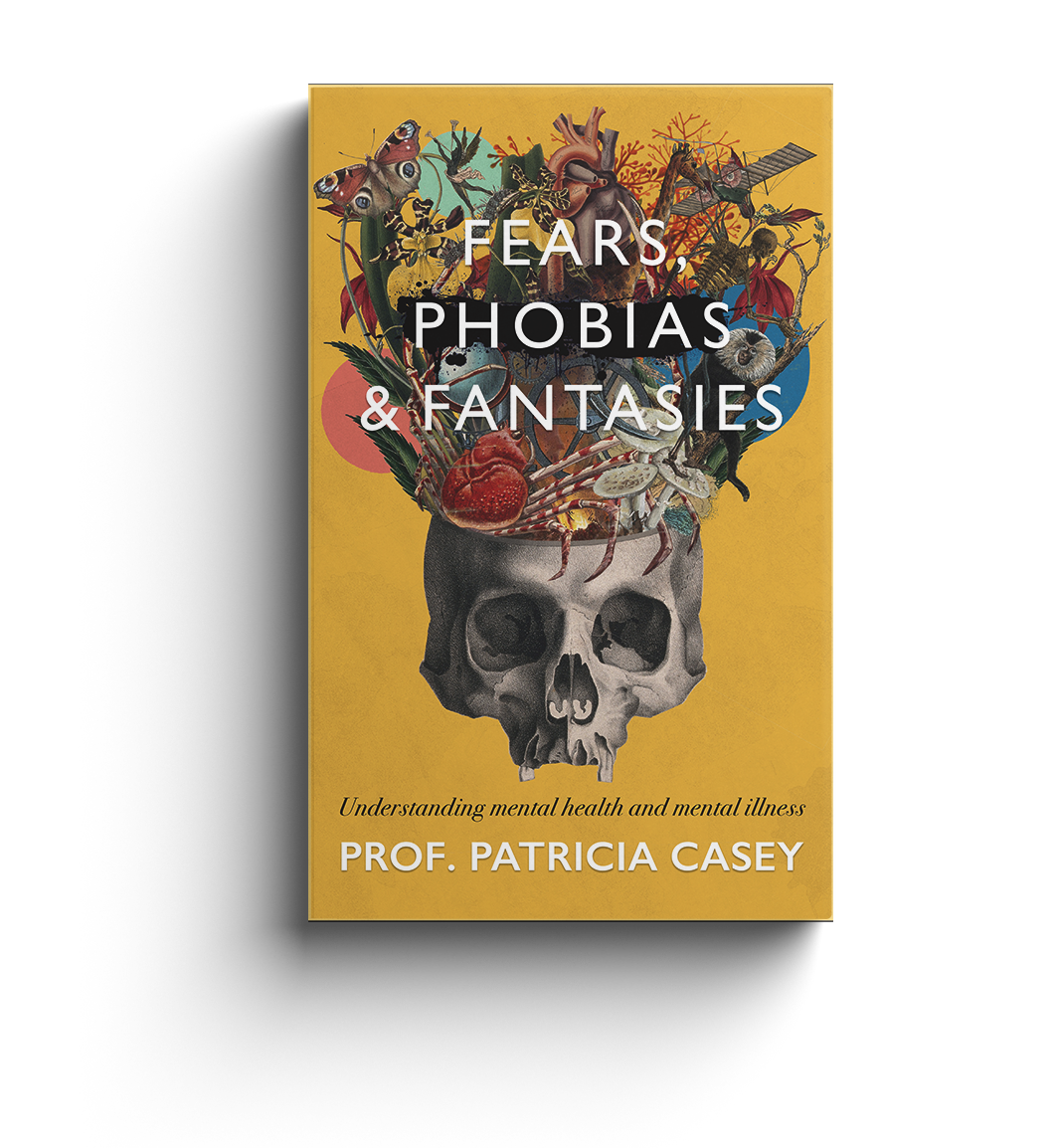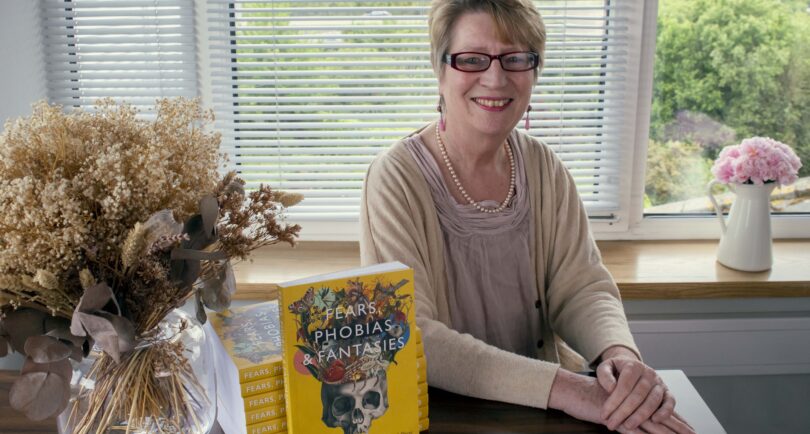Consultant psychiatrist Prof. Casey has been an expert in her field for decades and she believes that the much-needed de-stigmatisation of mental illness and mental health has led to the pathologisation of common emotions like anxiety and sadness.
During the pandemic, Prof. Casey spent much of her time giving finishing touches to her latest book Fears, Phobias & Fantasies: Understanding mental illness and mental health (Currach Books). A handy guidebook for those struggling to manage their mental health, it is aimed for those who either suffer from mental health problems or who are caring for somebody who does.
“The attention mental health receives in the media nowadays thanks to celebrities and others open to discussing their issues is very different from the previous reticent attitude the general public held.”
But the de-stigmatisation of mental health is a ‘double-edged sword’ that may be causing more harm than good, says Prof. Casey.
Media personalities like Prince Harry and his wife, actress Meghan Markle, of the British Royal Family have been praised for their frank conversations about their mental health struggles. But to equate normal distress with mental illness is not only wrong but also morally irresponsible.
She explains how the new-age ‘confessional approach’ to openly discussing ‘traumas’ and ‘interpersonal problems’ may not be helpful to the sufferer at all. Inviting strangers to comment and form opinions on your experiences on a public platform is, at the end of the day, ‘detrimental’ to one’s mental health’ as it interferes with your own processing and coping strategies.
“Distress or low-level anxiety is a normal response of the body to stress-inducing situations like taking exams or running late for an important meeting. But that does not mean you are suffering of an anxiety disorder and need to see a psychiatrist for a drug prescription to manage your health. Sadness, grief, anxiety these are natural responses and it is only when they are prolonged or interfering with daily life that one should seek professional help.”
Has the Covid-19 debacle had an adverse effect on the mental health of us all? Perhaps, maybe. But is general sadness to be self-diagnosed as depression? Absolutely not.
 Fears, Phobias & Fantasies – Understanding mental illness and mental health by Prof. Patricia Casey is available here.
Fears, Phobias & Fantasies – Understanding mental illness and mental health by Prof. Patricia Casey is available here.

